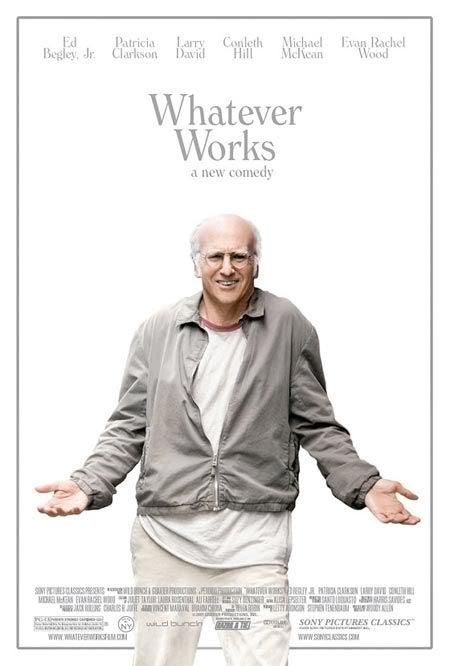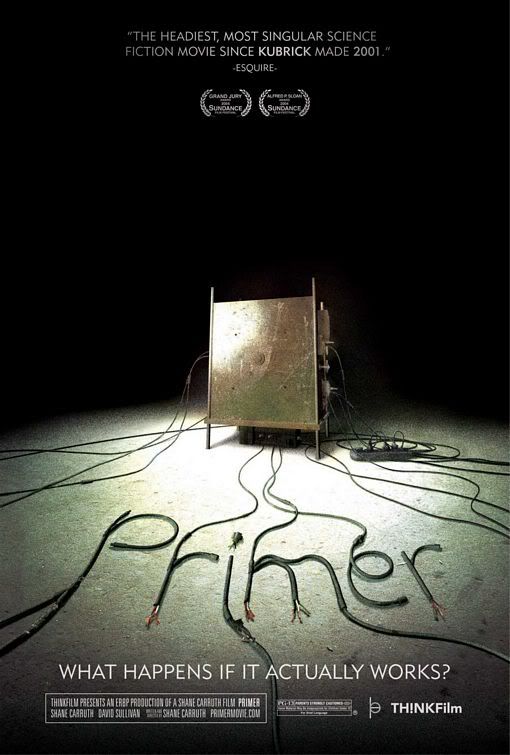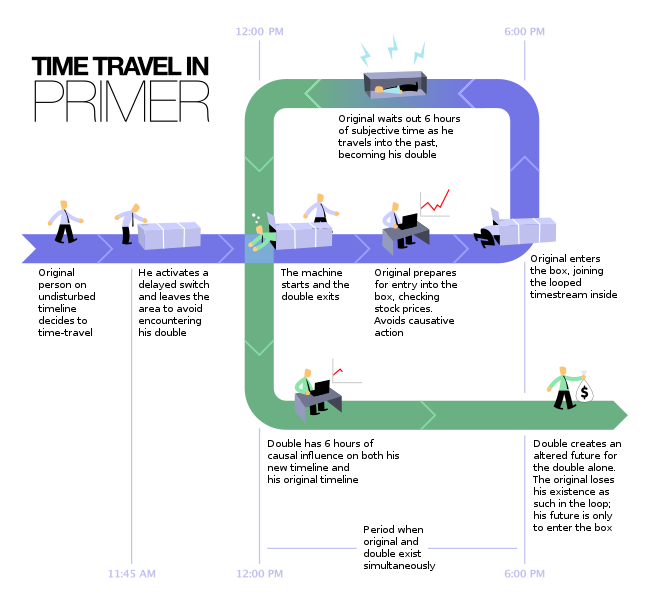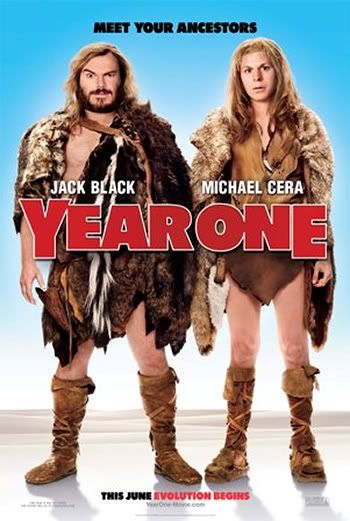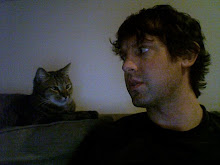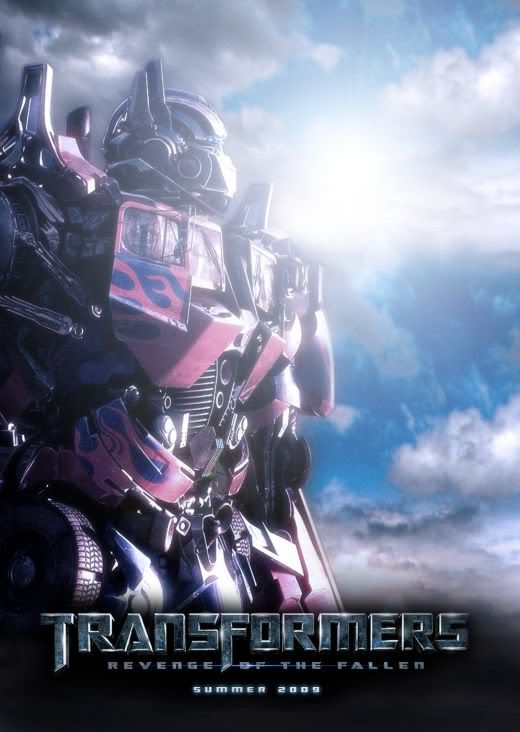
A lot of people try to put "critical reception" out of their minds when considering movies on which to spend their hard-earned dollars. Normally, I'd agree with this practice, but as a warning I will say that all the negative buzz you've heard about Transformers: Revenge of the Fallen is true. The problems with this film are as overwhelming and frequent as the ocean is deep, or in this case, as the robots are large and the blame can rest solely on the shoulders of actioneer/Hollywood pariah, Michael Bay.
Admittedly, the first Transformers despite its problems, was a relatively watchable film. Granted the action was a bit muddled due to Bourne-esque cinematography and the ending seemed to... well, not END, but it was far from the worst movie to come out in the summer of 2007. As of now, Transformers 2 stands as the worst theatrical movie I've seen in the summer of 2009.
Now, correct me if I'm wrong, but based on the cartoon series and toy line from the 80's, Transformers is a story about otherworldly robots that have the ability to turn into various vehicles and mechanical devices on Earth. Both the predecessor and it's sequel are rated PG-13, understandable if the action violence contains more explosions than the cartoon series (or any other movie this summer, considering the helmer is Michael freakin' Bay.) However, overtly harsh language, super-sexual overtones, abstract drug references, abject racism, and hateful stereotypes have no place in the childrens target market, summer blockbuster giant robot movie.
It's surprising the MPAA didn't mark this an R, considering the hoops certain movies have to jump through just to reach any audience. The sexism is blatant as Megan Fox dolls herself up for the boyfriend she has no real interest in (action everyman-boy Shia LaBoeff returns as overactive protag Sam Witwicky) and does little else but act as errant screen-candy. Every female at the university is supermodel hot, yet drool at the feet of their astronomy professor (wasted talent epitomized in The Office's Rainn Wilson) who just degrades them further without their knowing. Sam's mother stupidly ingests some pot-brownies and acts like she's on crystal-meth ("but HEY she's a woman, what does she know? Right?" I assume was Bay's justification.)
By now you've most likely heard of the two Autobots, Skids and Mudflap (charming names, but that's just the tip of the iceberg) who are most commonly referred to as the Sambots or the Minstrel Twins. That's right, they've got googley eyes, giant robot lips, simian-like ears and what the hell, a GOLD TOOTH for good measure. They speak in broken street jive, the kind of which you've only heard in the movie Airplane, and basically beat on each other (you know, since they're "brothers.") But when fate calls on them to help Witwicky decode an ancient prophecy it turns out they CAN'T READ! Yes, it's THAT bad. There's also a miniature remote control truck Decepticon that is essentially a robotic Joe Pesci, slinging all our favorite Soprano-isms before he humps Megan Fox's leg, and I didn't just make that up. It happens. Spoiler alert.
The film creates its own logic rules, then immediately breaks them, such as Megan Fox's midday 30 second flight from LA to NYC and miraculously shows up while it's still light outside. There's a Decepticon that can disguise itself as a human, which begs the question, if they can do THIS then why bother with cars, trucks and other clunky machinery? Michael Bay has presented a level of cinematic self indulgence that transcends even the likes of George Lucas and M. Night Shayamalan. He aims to make things look cool in slow motion with no concern as to HOW or WHY. There's a story worth telling in there somewhere, it rears its head occasionally only to be submerged in a sea of nonsensical college humor and exploding mechanical debris. Whatever story-arc presented in the shooting draft of Star Trek scribes Alex Kurtzman and Roberto Orci has been warped, misinterpreted and overshadowed in the final product.
The sound effects are grating and trauma-inducing. The score sounds to have been lifted directly from either Armageddon or Bad Boys 2. Admittedly, the forest fight scene between Optimus Prime and something like 4 other Decepticons was pretty cool, which I was able to discern what was going on. Though this still makes the film 2 hours and 15 minutes too long for its own good. Perhaps what was missing this time around was the guiding hand of first installment producer Steven Spielberg to rein in the superfluous elements. With its opening weekend draw, a sequel is imminent, but as a final warning, this is what you get when you give a child with no supervision $2oo million to play with his toys on camera.

